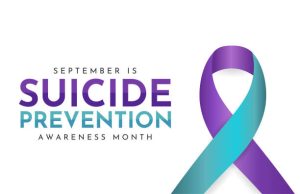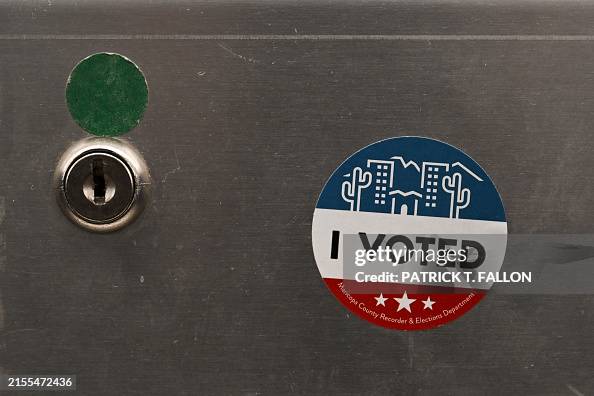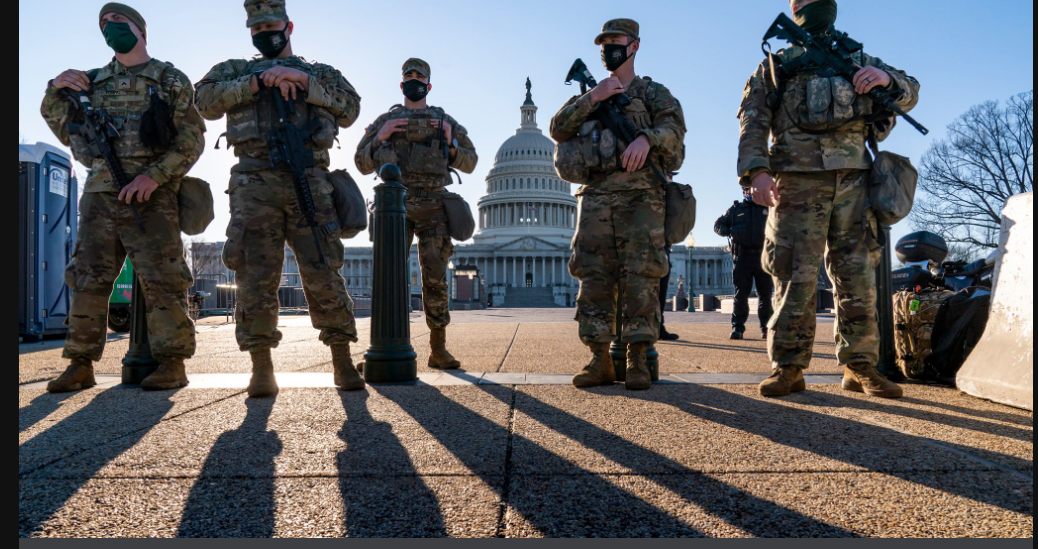As the 2024 election approaches, it’s important to understand not only the candidates you’re voting for but also the true meaning of the propositions on the ballot. Having a clear understanding of each proposition is essential for voters to make informed decisions that will shape the future of their state. Here are the propositions for Arizona:
Proposition 133—If approved, this would mean that the state of Arizona could officially mandate partisan primary elections for partisan offices and ban primary elections in which candidates from all political parties compete in the same primary, such as top-two, top-four, and top-five primaries.
Proposition 134 – This would set up a signature distribution requirement for all citizen-initiated ballot measures based on state legislative districts. By increasing the number of smallest signature requirements for each legislative district in the state, voters would find it almost impossible to put ballot initiatives on the ballot.
Proposition 135 – Allow the legislature to end a state of emergency or change the governor’s emergency powers during the emergency. The new proposition would mean emergency powers automatically end 30 days after the state of emergency is declared, unless extended by the legislature, except in cases of a state of war, flood, or fire.
Proposition 136 – Allows for challenges to an initiative measure or constitutional amendment after it has been filed with the secretary of state. This could result in wealthy special interests overwhelming a citizen’s initiative with lawsuits before Arizonans could vote on it.
Proposition 137 – End term limits for state supreme court justices and superior court judges, replacing them with terms of good behavior unless decided otherwise by a judicial review commission, and provide for retention elections only under certain circumstances. It could cancel all votes on retention elections this year, making it impossible to hold the Justices who approved Arizona’s total abortion ban accountable.
Proposition 138 – Corporations could pay employees 25% less than minimum wage, provided the employee’s pay was not less than that of minimum wage plus $2.
Proposition 139 – This amendment to the Arizona Constitution would ensure that every individual in the state has the fundamental right to abortion, prohibiting state interference before fetal viability.
Proposition 140 – All candidates running must appear on a single primary ballot, with a predetermined number advancing to the general election, where a majority vote is required to win.
Proposition 311 – Impose a $20 fee on every criminal conviction to fund a $250,000 benefit for the family of a first responder killed in the line of duty.
Proposition 312 – Property owners would be allowed to apply for a property tax refund if the city or locality fails to enforce laws on illegal camping, loitering, obstructing public spaces, panhandling, public urination or defecation, public drinking, and illegal substance use.
Proposition 313 – Anyone convicted of child sex trafficking must be sentenced to life in prison without the possibility of parole.
Proposition 314 – Would allow for multiple changes to the Arizona Constitution regarding criminal and immigration laws, and make it legal for police officers to arrest individuals from foreign countries at places other than official ports.
Proposition 315 – Prohibit any proposed rule from becoming effective if it is estimated to increase regulatory costs by more than $500,000 within five years of implementation unless the legislature enacts legislation ratifying the proposed rule.


















